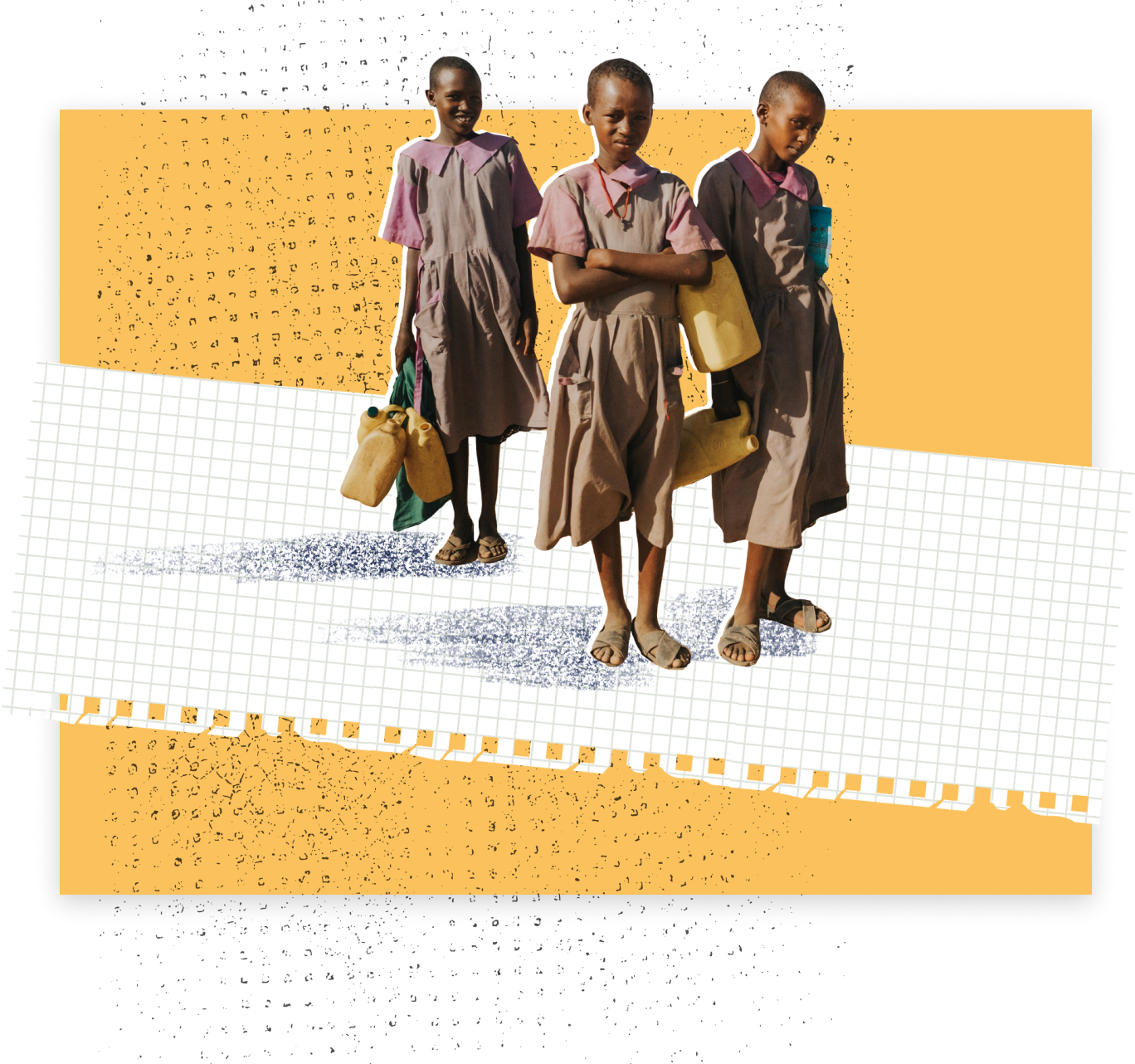Society for Health Alternatives
Society for Health Alternatives (SAHAJ) is a civil society organization (CSO) focused on promoting social accountability for women’s, adolescents’ and children’s health and education.
Visiter le site web
Influencing the future policymakers of India
SAHAJ is a long-time evidence based advocate and actor for the rights to health and education, especially for marginalized groups in India. The partnership with EM2030 since 2017 has built on this legacy, enabling SAHAJ to make stronger links between their work and the SDG framework commitments at national and global levels.

SAHAJ has made significant strides in socializing and localizing the SDGs and associated gender commitments through training grassroots of CSOs and national and sub-national bureaucrats.
A large academy training and assessing would-be civil servants in India created an instructional video using SAHAJ resources to teach these future decisionmakers about the importance of the SDGs and gender equality. This content has combined views of over 250,000. SAHAJ has used SDG framing for sub-national data sets to create scorecards on key issues of health and education in three states in India. Alongside trained data-driven advocates, they use these scorecards to influence state- and local-level policymakers about ongoing gaps in the fulfilment of girls’ and women’s rights.
As a key actor on the measurement of gendered dimensions of the SDGs, SAHAJ contributed to NITI Aayog (the government agency responsible for implementing the SDGs) efforts to create a new national SDG Gender Index for India. They also provided data on gaps in access to family planning which were used by the Feminist Policy Collective in their advocacy on the 2021-2022 Union Budget for India.


